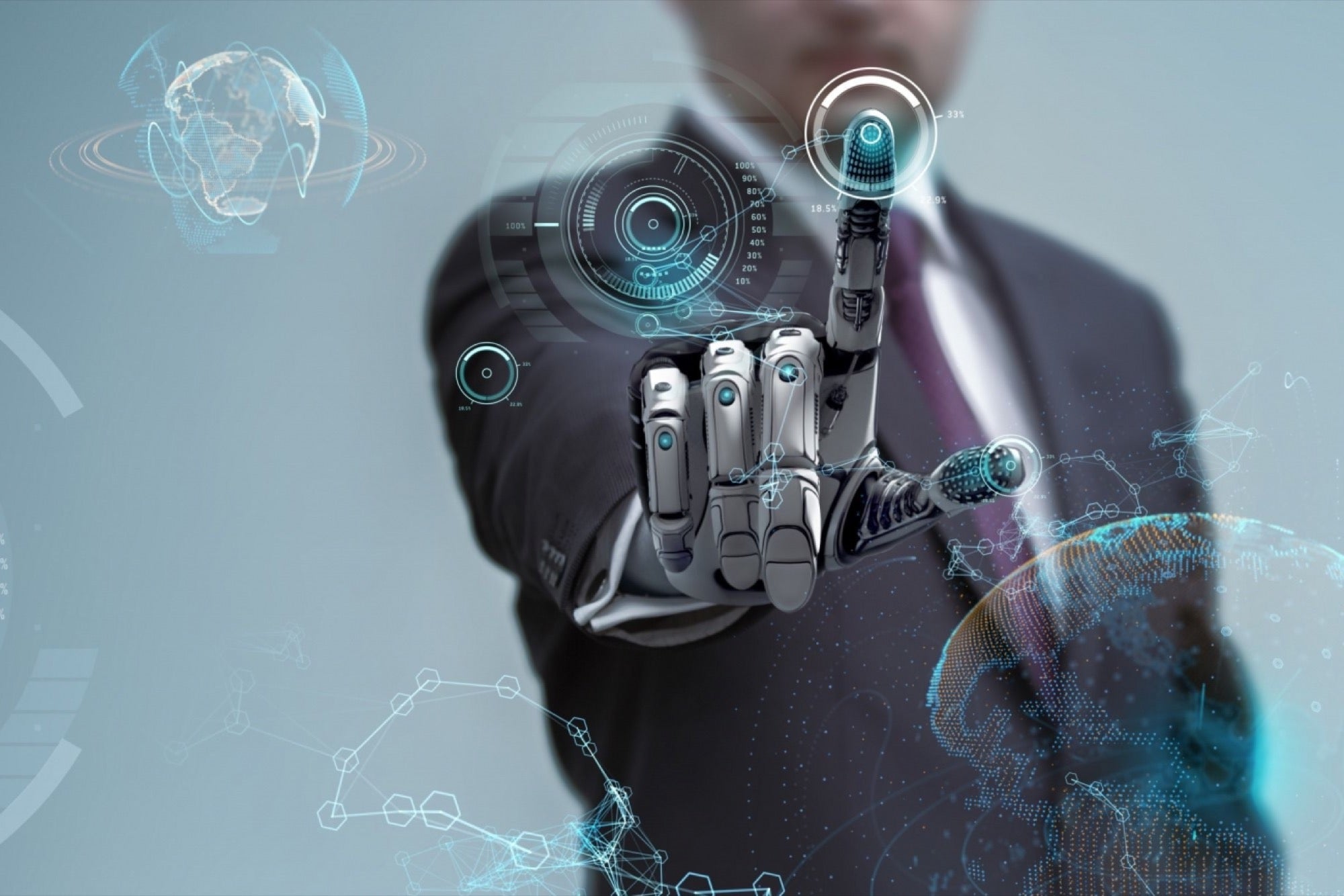4 Key Differences Between AI-based Marketing and Marketing Automation Marketing Automation improves the process of running campaigns while AI-based marketing increases the accuracy of each campaign
By Ajay Kashyap •
Opinions expressed by Entrepreneur contributors are their own.
You're reading Entrepreneur India, an international franchise of Entrepreneur Media.

It is good to use buzz words like Artificial Intelligence (AI) and Marketing Automation, but often these words seem to be confused with each other. It is a common error that we would like to address here.
Think of a car which has an auto-start button versus a self-driven car. That's exactly the difference between "marketing automation' and "AI-based marketing'. Marketing Automation is automation of marketing tasks which is optimal and replaces a basic repetitive task with a digital solution. AI-based marketing, on the other hand, takes the template approach to the next level by adapting and transforming to mimic human intelligence.
Summarizing the 4 Main Differences Between These Terms:
What They Offer
Marketing Automation: Process automation: Gives you a set of rules that defines segments of your audience, and then enables easy segment-based campaigns, data consolidation and reporting.
AI-based marketing: Intelligence automation: Real-time learning system that runs on sophisticated algorithms. This ensures that each piece of content is "machine'-crafted, though mimicking "hand'-crafted for each of its customers, thus leading to high accuracy at an individual level in each campaign.
Value Additions
Marketing Automation: Enables ease of deploying campaigns: Enables the marketer/merchandiser to frequently change the rules based on A/B testing of targeting, new industry trends or new product range.
AI-based marketing: Increases efficacy of each campaign: The deep learning algorithm enables the marketer/merchandiser to identify hidden patterns in real-time and then use them to target each individual with the most personalized and relevant products/ services/ communication.
Targeting
Marketing Automation: Based on rules: Runs on rules that define segments in order to run targeted campaigns. AI-based marketing: Breaker of the rules: 1 to 1 targeting that is based on the machine learning that is the result of all the historical data ingested by the program.
Benefits
Marketing Automation: Increased speed: The ease of automated marketing tools is that you can create a large number of segments defined by rules. This ensures speed in marketing campaigns. AI-based marketing: Increased accuracy: The ever learning algorithms increase the accuracy of targeting, resulting in much higher take-up.
Final Take Away
Marketing Automation improves the process of running campaigns. While it as few shortcomings, automation definitely makes it easy to start and execute multiple campaigns. AI-based marketing, on the other side, increases the accuracy of each campaign. A front-runner in the technology wave, its algorithms can potentially give a new backbone to your e-commerce business communications.












